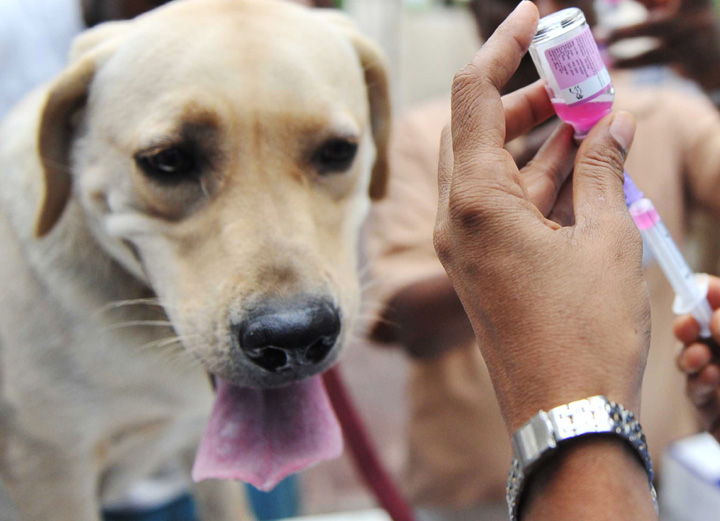MONCTON – A Moncton-area veterinarian is supporting higher fines for people who do not update rabies vaccinations for their pets.

Dr. Paula-Marie Mather works at the Maritime Animal Hospital and says diseases like rabies are more likely to be on the move as the weather warms-up.
“If the wildlife are moving from one area to another there’s more potential for transmitting diseases,” she said.
The New Brunswick SPCA says the disease is booming in Charlotte County. So far, there have been 14 confirmed cases in raccoons and one skunk.
The Society is hoping increased fines from between $140 to $640 for people who don’t update rabies vaccinations for their pets will encourage more people to protect their animals.
Hilary Howes is the Society’s executive director.
“Don’t be complacent rabies can spread quickly,” he said. “Raccoons have been known to hitch rides on transport trucks trailers and rail cars so an outbreak centralized now in Charlotte County could suddenly appear in Moncton or Fredericton.”
The disease can spread through contact with blood and saliva.
Dr. Mather knows the risks first-hand. She was exposed to the disease and received treatment when she was a veterinary student.
“It was very scary because they told me it could take years before I could show symptoms,” she said. “It’s a 100 per cent fatal and once you start showing symptoms you die.”
The spread of the disease is also a big concern for rural pet owners.
About 30 minutes outside of Moncton, Pauline Cormier rehabilitates dogs at On The Mend Dog Rescue for adoption in Haute-Aboujagane.
She has 19 on her property. Cormier says she does what she can to keep wildlife away and keep up with vaccinations.
“If you’ve ever seen an animal suffer from rabies you would try to prevent it and out here in the country or wherever there’s wildlife roaming you’re going to be susceptible to attaining that virus,” she said. “We’re always looking for preventative.”
- Honda expected to announce Ontario EV battery plant, part of a $15B investment
- Trudeau says ‘good luck’ to Saskatchewan premier in carbon price spat
- Canadians more likely to eat food past best-before date. What are the risks?
- Hundreds mourn 16-year-old Halifax homicide victim: ‘The youth are feeling it’




Comments